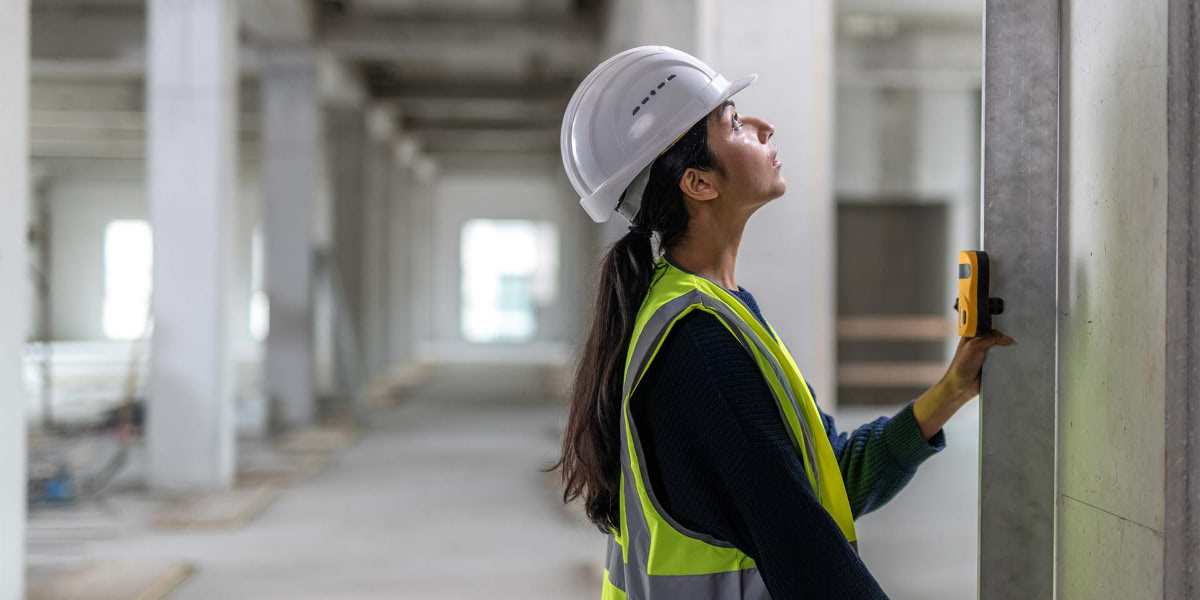
Throughout the pandemic, construction workers have experienced the second highest rate of suicide among major industries.
A new American Psychiatric Association (APA) survey of the construction workforce from the Foundation’s Center for Workplace Mental Health, the Construction Financial Management Association, CSDZ and Holmes Murphy shows companies are concerned about their employees mental health, but feel tradesmen and tradeswomen do not or will not seek help.
The online 20-question survey was distributed to all regions of the country to state chapters of national construction trade associations, labor unions and joint labor-management benefit trusts. Of the primary job function reported by respondents, 29 percent were CFOs, Controllers or Financial Professionals, 22 percent were in Safety/Risk Management, 16 percent were CEOs, Presidents, and Owners, 13 percent were Field Managers or Supervisors, 7 percent were in Human Resources, 4 percent with Labor Unions and the remaining 9 percent from a variety of other positions.
The survey revealed 93 percent of all respondents recognize addressing mental health at work as a sound business practice. Of this group, about 77 percent of Presidents, CEOs, and owners indicated addressing mental health was prioritized at work.
About 94 percent of all respondents recognize the importance of sharing mental health resources with workers to raise mental health awareness, reduce stigma and to encourage people to get help when needed.
However, when asked if workers were likely to seek needed mental health care, only 26 percent indicated they believed workers were likely to seek care. Nearly half (43 percent) did not know and nearly a third (31 percent) said workers were unlikely to request aid.
Overall, respondents said their organizations make supervisor training (25 percent) or employee training (25 percent) available, while 69 percent identified supervisor training as most helpful and 66 percent identified training for employees as most helpful.
When asked whether workers would openly discuss mental health with supervisors, 17 percent responded they would, 37 percent indicated they would not and almost half of respondents (46 percent) were either undecided or did not know.
Those who own construction companies, are in management or area construction industry leaders believe their industry’s workforce is reluctant to seek help for mental health issues, despite an availability of resources. This is likely tied to a decades-long stereotype within the construction industry, where such talk is taboo.
According to those polled, the top four reasons for they believe workers would not seek help are:
- Shame and stigma (78 percent)
- Fear of judgment by peers (77 percent)
- Fear of negative consequences (55 percent)
- Do not know how to access care (46 percent)
“The stark differences in the level of comfort just talking about mental health in this industry tells us that we have a ways to go in fighting stigma and giving managers the tools they need to support worker mental health,” said Darcy Gruttadaro, J.D., Director of the APAF Center for Workplace Mental Health. “The good news from these results is that the top-line management in construction are paying attention.”
“Holmes Murphy and CSDZ are proud to be co-sponsors of this survey,” said Cal Beyer, Vice President of Workforce Risk and Worker Wellbeing for CSDZ, a Holmes Murphy company. “We recognize the challenges that so many are facing at an organizational and employee level. The final report provides insights and perspectives to help industry stakeholders reduce barriers and improve access to care for construction workers and dependents through company or union-sponsored health plans.”
For organizations and businesses seeking help in supporting the mental health of their workforce, the APA Foundation’s Center for Workplace Mental Health provides tools, resources and information, and has recently issued toolkits and webinars on COVID-19, remote work and more. The Center recently released NOTICE. TALK. ACT.® at Work, an e-learning training for managers on supporting employees’ mental health needs.


Comments